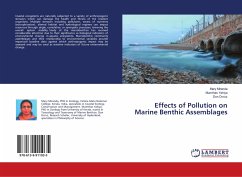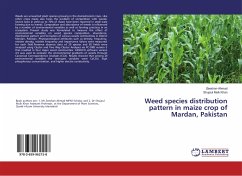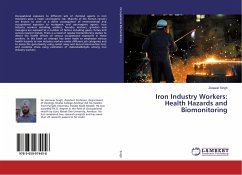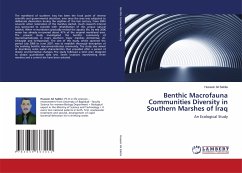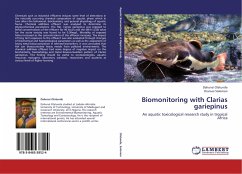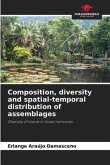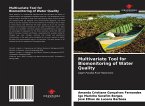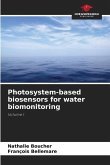Coastal ecosystems are naturally subjected to a variety of anthropogenic stressors which can damage the health and fitness of the resident organisms. Multiple stressors including pollutants, excess of nutrients (eutrophication), altered habitat and hydrological regimes can impact resources through single, cumulative, or synergistic processes, lowering the overall system stability. Study of the macrobenthos has received considerable attention due to their significance as biological indicators of environmental change in aquatic ecosystems. Macrobenthic community assemblages and their relationship to environmental variables provide important baseline data against which anthropogenic impact may be assessed and may be used as sensitive indicators of future environmental change.
Bitte wählen Sie Ihr Anliegen aus.
Rechnungen
Retourenschein anfordern
Bestellstatus
Storno

